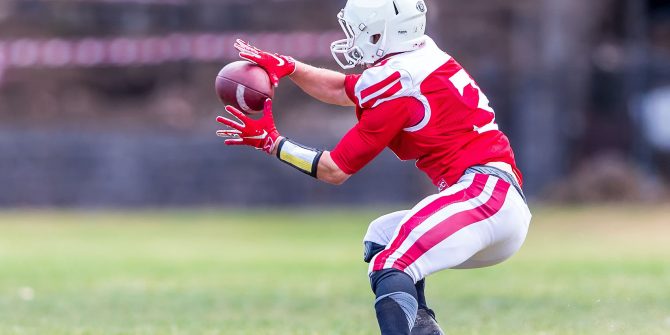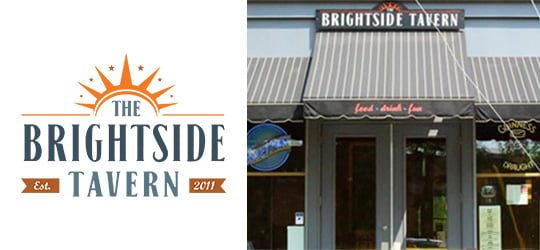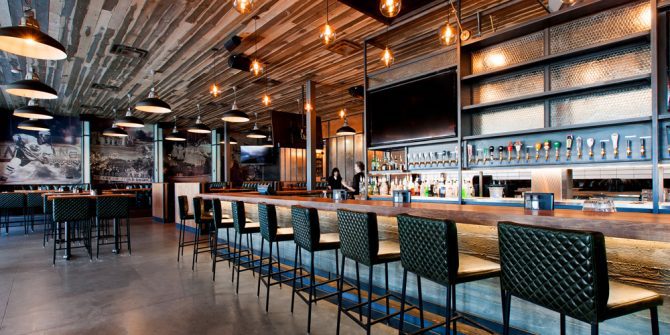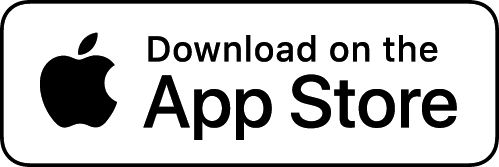One of the biggest headaches bar and restaurant owners often deal with is when it comes to music for restaurants, is answering the question what am I allowed to play? Or can I just use Spotify to play background music? Before choosing a service for restaurant background music, it’s important to understand the ins and outs of music licensing and public performance rights so you don’t leave yourself open to any legal liabilities. While it can seem like music licensing is not that big a deal, on the extreme end of the scale, a business like Peloton [Peloton Settles Legal Fight With Music Publishers] has been sued for more than $300 million for alleged use of unlicensed music. And while it can seem like a complex and daunting subject, we’re here to help with 3 quick steps to simplify music licensing:
- Who do you need to deal with?
Performance rights organizations (PROs) are organizations that act as agents for their members and collect fees from businesses playing their music so that musicians can get paid. The 4 PROs that operate in the US are ASCAP, BMI, SESAC, and GMR. In Canada, there are 2, SOCAN and Re:Sound.
Many people may mistakenly believe that if you’re paying for performance licensing from one of these organizations, you’re in the clear. But that’s usually NOT the case. For any given song, there could be multiple songwriters or publishers all individually registered with different PROs. For that reason, we highly recommend licensing that covers you for all PROs.
- Who can provide licensing?
So now that you know who you have to deal with, how do you actually obtain that licensing? The easiest way is to use a music service, like Control Play, that can provide background music licensing for these organizations on your behalf. But be careful, there are exceptions! Some people ask, for example, can I use Apple music for my business? Or, can I play Spotify in my business? In fact, you cannot use consumer applications like these in your business. Something like Spotify or Apple Music are intended for private use, not to be played in public. That’s why you need a service designed for business use that has a commercial music license. Services such as Control Play that are designed for business use can provide PRO licensing for background music on your behalf.
But what if you don’t need background music licensing? What if you need “foreground licensing”…
- What’s the difference between background and foreground licensing?
Boiled down simply, once you find yourself using music in your business with interactive functionality, a background music license like Control Play or other commercial music services can provide no longer covers you legally, and you fall under the category known as “foreground music licensing”. To obtain foreground music licensing, you will need to contact the organizations listed above directly.
So what constitutes the type of interactive functionality we’re talking about?
- Do you charge a cover or other fee to enter the premises?
- Do you ever have a DJ or live bands?
- Do you have karaoke?
- Is your business a roller rink, bowling center, fitness center, or other family entertainment center?
If you answered yes to any of these questions, then you’ll need foreground music licensing.
And there you go! Easy answers to complicated questions about restaurant background music and music licensing for business. For a more in depth exploration, check out our licensing page, or chat with us online. We love to help!







